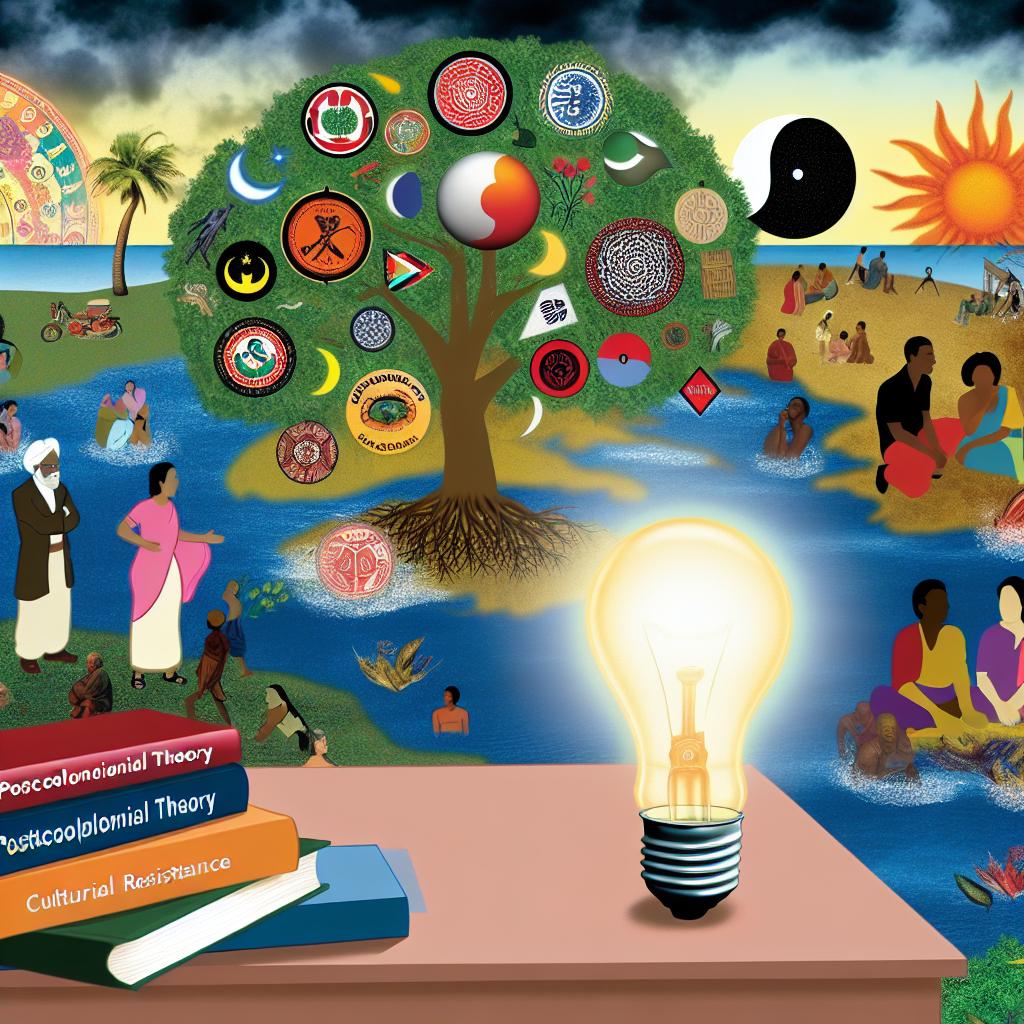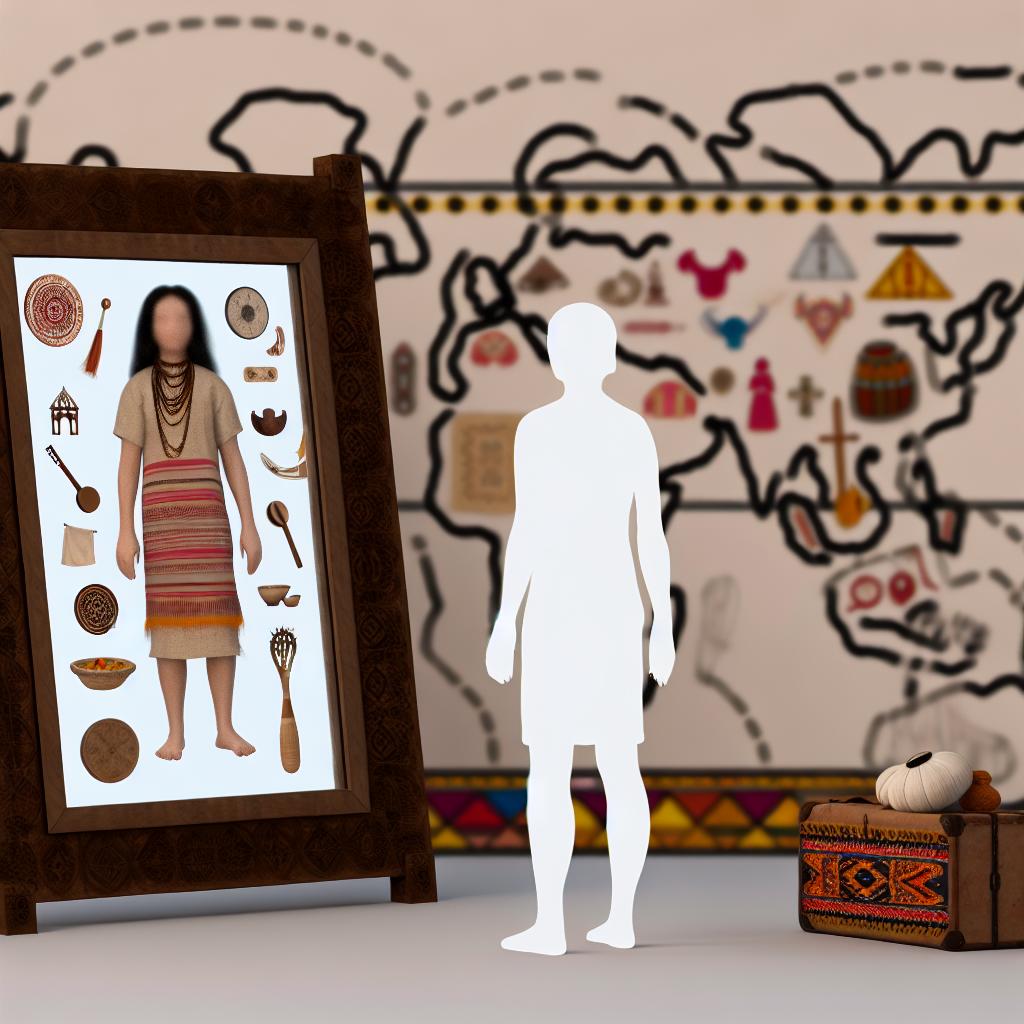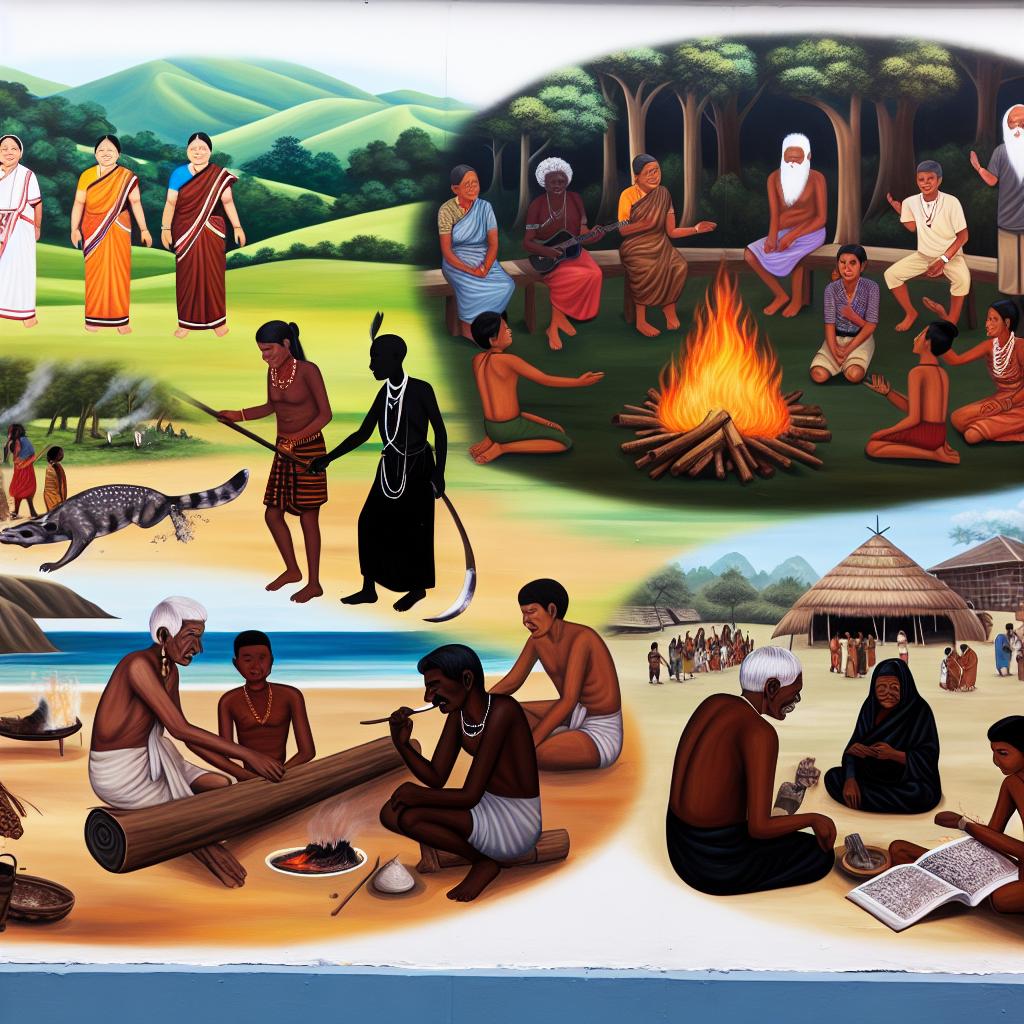Introduction to Postcolonial Theory
Postcolonial theory serves as a comprehensive lens through which we can observe, interpret, and critique the ensuing cultural legacy of colonialism and imperialism. This academic field emerged prominently in the mid-20th century and offers an interdisciplinary approach to address and understand the myriad effects colonial rule imposed on both the colonized regions and the colonizers themselves. It delves into profound themes such as identity, race, ethnicity, and power dynamics. A core focus of this theory is amplifying the marginalized voices and experiences often overshadowed during colonial times.
Postcolonial theory does not merely recount historical occurrences but rather seeks to uncover the narratives and ideologies that shaped the colonial experience, aiming to provide a richer understanding of how colonial histories continue to shape contemporary societies. Through its framework, postcolonial theory provides a platform for dissecting the entanglements of past and present, urging scholars and readers alike to question the seemingly fixed notions of identity and culture.
Key Concepts in Postcolonial Theory
Colonial Discourse constitutes the foundation of many colonial narratives and representations employed by imperial powers to legitimize and sustain their dominance over the colonized territories. These narratives are notorious for perpetuating stereotypes and hierarchies that elevate colonizers as a ‘civilizing force,’ in stark contrast to the perceived ‘primitiveness’ of the colonized. Such discourse was pivotal in the colonial project, as it rationalized the subjugation, exploitation, and cultural assimilation of colonized peoples. It functioned not only as a tool for control but also as a mechanism that influenced perceptions and relations between different cultures.
Hybridity, a concept developed extensively by scholars such as Homi Bhabha, explores the cultural intermingling and exchanges resulting from colonial encounters. This phenomenon often leads to the emergence of hybrid identities—cultural identities that are neither entirely indigenous nor entirely colonizer, but a complex fusion of both. Hybridity is significant because it challenges the notion of pure cultural identities and reveals the fluid, dynamic processes through which cultures evolve and adapt. It prompts a reevaluation of identity, urging individuals and communities to embrace the complexity within themselves and their histories.
Orientalism is a critical term that was propelled into academic discourse by Edward Said in his seminal work of the same name. It scrutinizes the manner in which Western societies depicted Eastern cultures—often through an exoticized, generalized lens that supported imperial ambitions. Orientalism is more than mere misrepresentation; it served as a justification for the colonial enterprise, framing the East as the ‘Other’ that needed to be understood, controlled, and ‘civilized.’ It unwittingly bound Eastern cultures to a static identity that often misrepresented their richness and diversity, serving to reinforce the need for Western intervention and dominance.
Cultural Resistance in Postcolonial Contexts
Cultural resistance stands as a formidable pillar within postcolonial discourse, emphasizing how colonized peoples have historically engaged in practices that counter imperial control and assert a sense of cultural agency. Cultural resistance is multifaceted, finding expression in literature, art, language, and religious or traditional practices.
Literature and Art have proven to be profound arenas for cultural resistance. They offer a stage for marginalized voices to articulate their narratives and challenge the prevailing colonial viewpoints. Postcolonial writers and artists explore complex subjects such as displacement, cultural dissonance, and identity negotiation, which offer fresh insights that contest the overarching narratives imposed by colonial powers. These creative expressions enlighten, educate, and empower societies, fostering a deeper appreciation for diverse cultural heritages.
Language serves as another battleground for cultural resistance. Colonial powers often imposed their language on colonized societies, aiming to suppress native tongues and, by extension, indigenous cultures. Resistance manifests through the preservation, revival, and transformation of native languages, often including the reappropriation of the colonizer’s language to articulate native identities and experiences. Language becomes a tool of empowerment, a voice for the voiceless, and an emblem of cultural pride and resilience.
Traditions and Rituals allow indigenous communities to maintain continuity with their ancestry and cultural roots despite the homogenizing pressures of colonial influence. Adhering to traditional customs becomes an act of resistance and defiance against cultural assimilation, preserving collective memories and reinforcing cultural identities that stand in contrast to colonial narratives.
Examples of Postcolonial Cultural Resistance
Numerous examples across the globe epitomize cultural resistance in postcolonial contexts. In India, the independence movement led by figures such as Mahatma Gandhi seamlessly integrated political activism with cultural resistance. Gandhi championed the promotion of Indian languages, encouraged indigenous industries, and celebrated cultural traditions as strategic means to undermine British colonial superiority. This movement emphasized self-reliance and cultural renaissance, fostering nationalist sentiments and paving the way for independence.
In the African continent, renowned literary figures including Chinua Achebe and Ngũgĩ wa Thiong’o harnessed the power of the written word to deconstruct colonial narratives. Their literature provided a counter-narrative that elevated African perspectives, languages, and traditions, serving not only as a form of resistance but also as a celebration of African identities. These works inspired cultural pride and highlighted the intricacies and diversities inherent within postcolonial societies.
Indigenous peoples in the Americas persist in their resistance against cultural and linguistic erasure by reviving native languages and traditional practices. Through cultural resurgence, they challenge ongoing colonial influences, working towards reaffirmation and sovereignty over their cultural identities and historical narratives.
Conclusion
Postcolonial theory and cultural resistance play an indispensable role in dissecting and understanding contemporary global power dynamics. By probing into the enduring impacts of colonialism and shedding light on the resilience and creativity of colonized communities, this scholarship offers invaluable insights into processes of decolonization and cultural rebirth. The mediums of literature, art, language, and tradition serve as potent vehicles through which postcolonial societies continue to push back against cultural hegemony and assert their distinct and dynamic identities. As such, postcolonial theory remains a vital academic framework for navigating the complexities of our increasingly interconnected and multicultural world.



